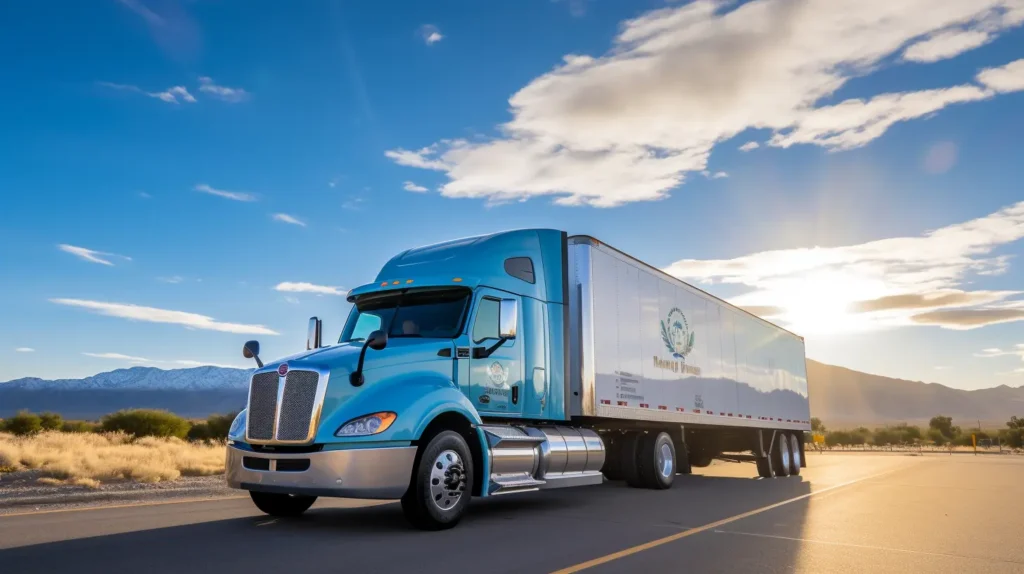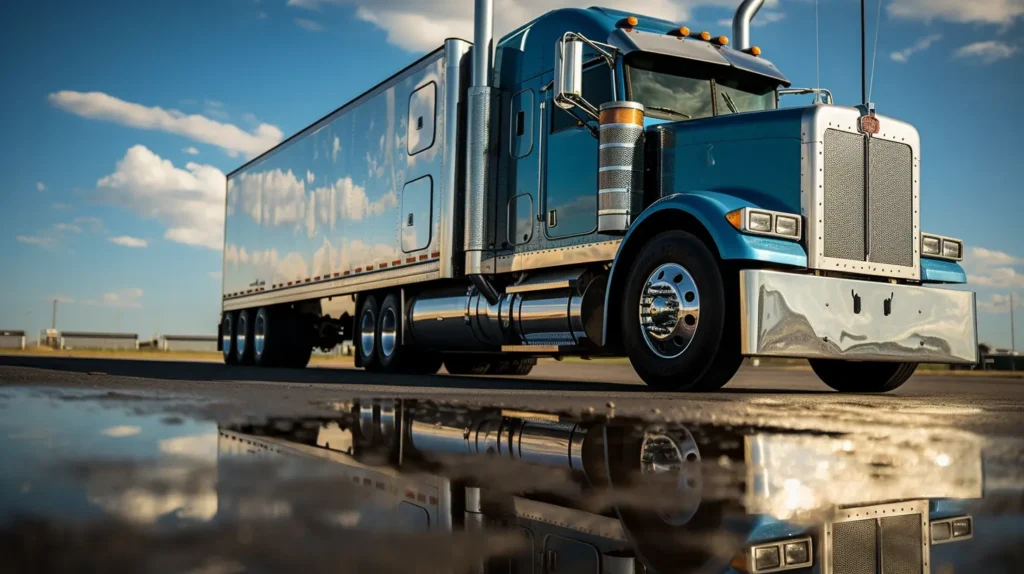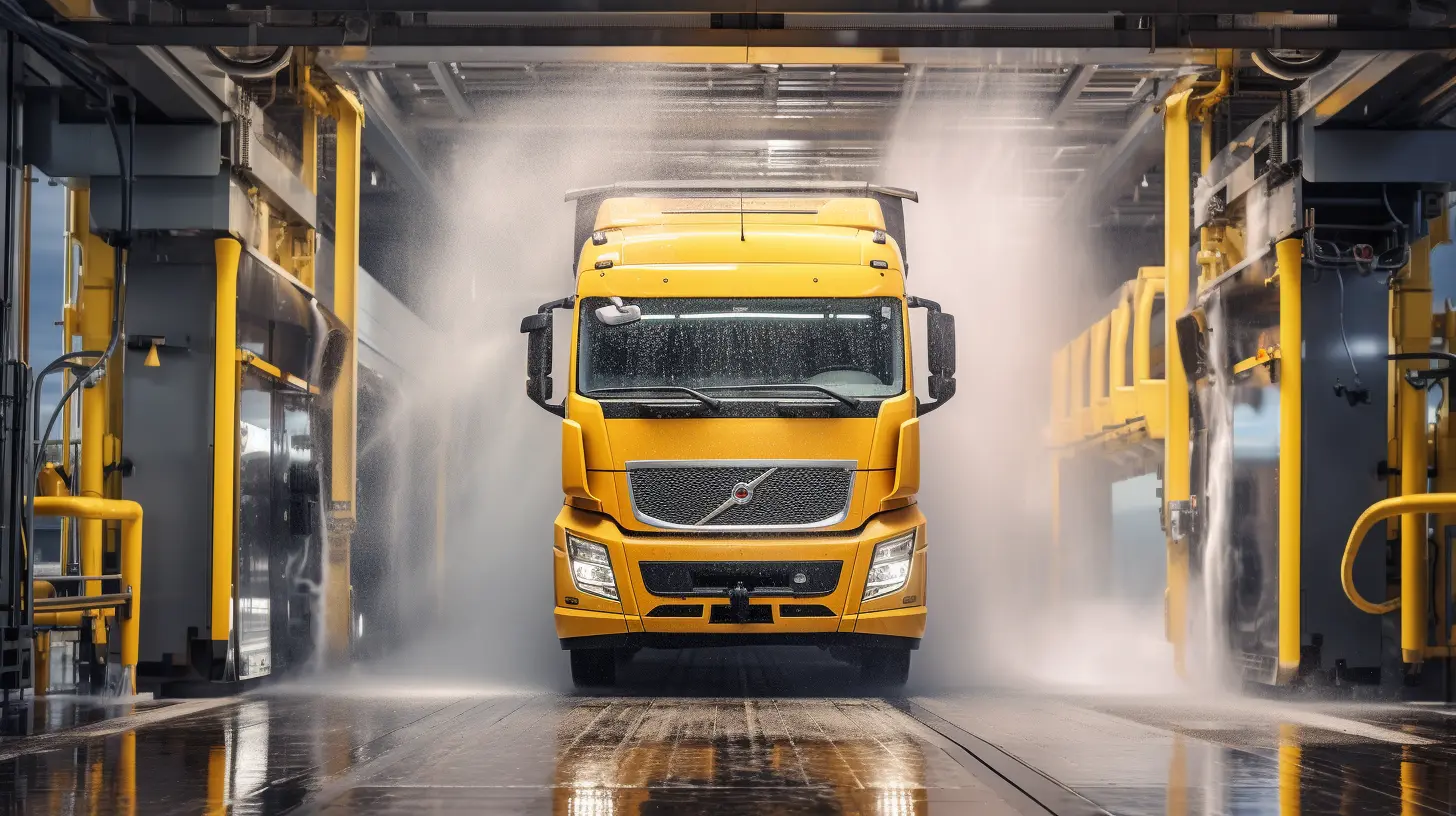Trucks are made to handle heavy-duty work, and that’s where the truck engines last longer than car engines. Truck engines are engineered to endure the toughest tasks with ease, which means they don’t require as many rebuilds as cars.
Key Takeaways
- Truck engines last longer than car engines because they have higher power density and produce more horsepower, enhancing durability than car engines.
- Operating at lower speeds reduces stress on components, leading to longer engine life of truck engines.
- Robust design features, like higher torque, cater to consistent highway use and longevity.
- Superior regular maintenance, including regular oil changes, ensures longevity and performance.
- Components like easily replaceable cylinders and scheduled maintenance routines enhance the durability of truck engines.
1. Truck Engine Size and Power Output

Truck engines outlast car engines primarily due to their much larger size and higher power output capabilities.
The larger size of truck engines allows for a more effective combustion process, enhancing fuel efficiency.
This efficiency not only improves the overall performance but also contributes to lower emissions control.
Additionally, we do see that trucks are larger than cars and the larger size of truck engines provides more space for an advanced engine cooling system, which helps regulate temperature during operation, which eventually prevents overheating and ensures peak performance.
The increased size also accommodates a more robust lubrication system, which reduces friction between moving parts, leading to less wear and tear over time.
2. Truck Engine Torque and Horsepower Comparison

Comparing torque and horsepower between truck engines and car engines reveals a notable difference in performance and longevity. Here are three key points to take into account:
- Performance Advantage:
Truck engines produce more torque and horsepower than car engines. This high torque output allows trucks to handle heavy loads and long distances with less strain on engine components, resulting in enhanced performance and durability. - Fuel Efficiency:
The higher power density of truck engines leads to more effective performance. This efficiency not only benefits fuel consumption but also reduces stress on engine parts, contributing to the longevity of truck engines. - Maintenance Cost:
Due to their design prioritizing power and durability, truck engines tend to have lower maintenance costs over time. The robust build of these engines results in fewer breakdowns and the need for extensive repairs, making them more cost-effective in the long run.
3. Lower Engine Speed Benefits For Truck Engines

Operating at lower speeds, diesel engines offer significant benefits in reducing wear on critical components such as rings and cylinders.
This reduction in wear not only enhances engine durability but also contributes to lower maintenance costs over time.
Diesel engines typically operate at lower RPMs compared to gasoline engines, which not only conserves fuel but also results in improved fuel efficiency.
The lower engine speed in diesel trucks allows for the generation of substantial torque at lower speeds, providing performance benefits while minimizing environmental impact.
4. Truck Engines are Designed for Heavy-Duty Use

When designed for heavy-duty use, engines in trucks are equipped with robust materials and larger components to endure long distances and heavy loads.
Here are some key aspects highlighting the durability advantages and engineering robustness of truck engines:
- Robust Materials:
Truck engines are constructed using materials that are more robust and durable than those found in car engines. These materials are capable of withstanding extreme conditions and high-stress operations, ensuring longevity and reliability. - Larger Components:
In order to handle the stress of continuous operation and heavy loads, truck engines have larger components and stronger construction. This engineering robustness is essential for commercial reliability and longevity focus in heavy-duty applications. - Longevity Focus:
The design of truck engines prioritizes reliability and longevity. Components such as pistons, cylinders, and bearings are built to last, ensuring that truck engines can withstand the rigors of commercial use and operate efficiently for extended periods.
Using quality cleaning products like truck wash soap and pressure washing chemicals can also enhance the performance and lifespan of your truck plaint and shine.
5. Impact of Regular Maintenance on Truck Engine
Regular Regular maintenance is essential for ensuring the best performance and longevity of truck engines. Maintenance practices such as regular oil changes, filter replacements, and fluid checks play a vital role in enhancing engine durability.
By adhering to timely inspections of belts, hoses, and cooling systems, you can prevent breakdowns and costly repairs, leading to long-term reliability.
Addressing minor issues promptly through Regular maintenance can prevent them from escalating into major engine problems, ultimately resulting in cost savings.
Following manufacturer-recommended maintenance schedules and using high-quality parts and fluids can greatly extend the lifespan of your truck engine. Investing in Regular maintenance not only improves fuel efficiency and reduces emissions but also enhances overall performance benefits on the road.
6. Truck’s Diesel Engine Longevity Factors
To maximize the lifespan of your diesel truck engine, prioritize consistent Regular maintenance practices and adhere to manufacturer-recommended schedules.
Here are three key factors that contribute to the longevity of diesel engines:
- Fuel Efficiency: Diesel engines are known for their superior fuel efficiency compared to gasoline engines. This efficiency reduces the strain on the engine components, leading to less wear and tear over time.
- Emissions Control: Modern diesel engines are equipped with advanced emissions control systems that not only reduce harmful pollutants but also help in maintaining engine health. Lower emissions mean less strain on the engine, contributing to its durability.
- Engine Cooling: Proper engine cooling is important for diesel engines to prevent overheating and ensure excellent performance. Efficient cooling systems help in maintaining the engine’s operating temperature, reducing the risk of premature wear on critical components.
7. Diesel Engine Components Wear and Tear
Truck engines demonstrate exceptional durability in their components, showcasing a remarkable ability to withstand wear and tear over extended periods of heavy use.
Maintenance practices play a vital role in preserving the longevity of these engines.
Regular upkeep, such as oil changes and filter replacements, guarantees peak performance and prolongs the lifespan of critical components.
The wear resistance of materials used in truck engines, such as robust alloys and reinforced parts, contributes greatly to their durability under strenuous conditions.
Material durability is a key factor in mitigating the effects of constant use and high mileage.
8. Overall Longevity Comparison Between Truck and Car Engine

Comparing the lifespan of truck engines to car engines reveals a noteworthy difference in longevity due to their design and size variances. Here are some key factors contributing to this contrast:
- Maintenance Costs: Truck engines often have higher maintenance costs due to their larger size and more complex components. However, the investment in regular maintenance can notably extend the engine’s lifespan compared to car engines.
- Engine Technology: The advanced technology used in truck engines, such as turbochargers and direct fuel injection systems, enhances their durability and efficiency, contributing to a longer lifespan compared to car engines.
- Environmental Impact: Truck engines, especially diesel variants, are subject to stricter emission regulations. While these regulations may increase manufacturing costs, they also drive the development of cleaner and more efficient engines that can last longer while being environmentally friendly.
When considering the overall longevity comparison between truck and car engines, factors like fuel efficiency, maintenance costs, emission regulations, engine technology, and environmental impact play vital roles in determining their respective lifespan.
9. Conclusion
To sum up, truck engines outlast car engines due to their efficient design, sturdy construction, and ability to handle heavy loads with less strain.
By focusing on regular maintenance, durability, and the advantages of diesel engines, you can help extend the lifespan of your vehicle’s engine.
Remember to prioritize regular maintenance and consider the unique factors that contribute to the longevity of truck engines for peak performance and reliability.



